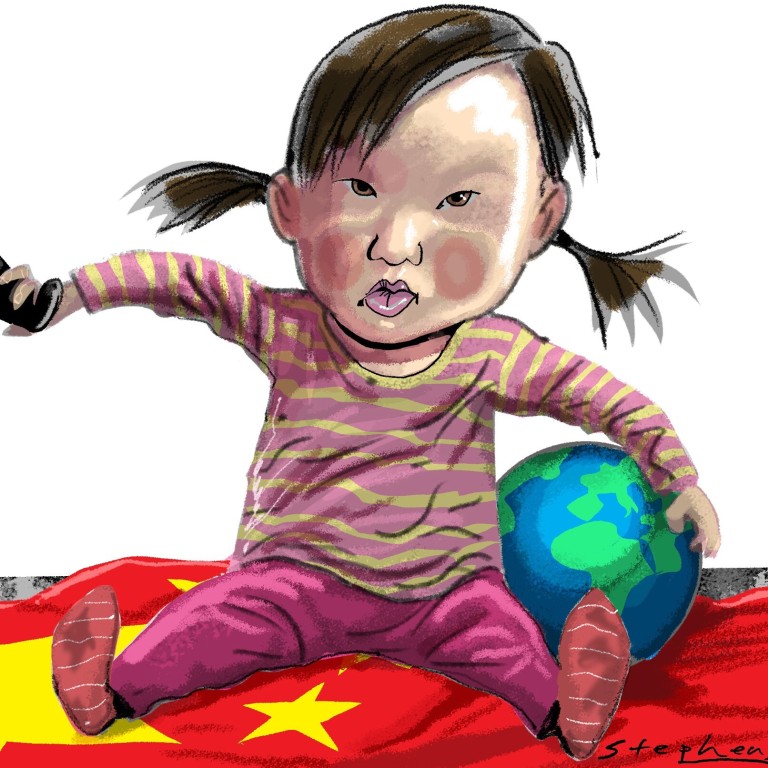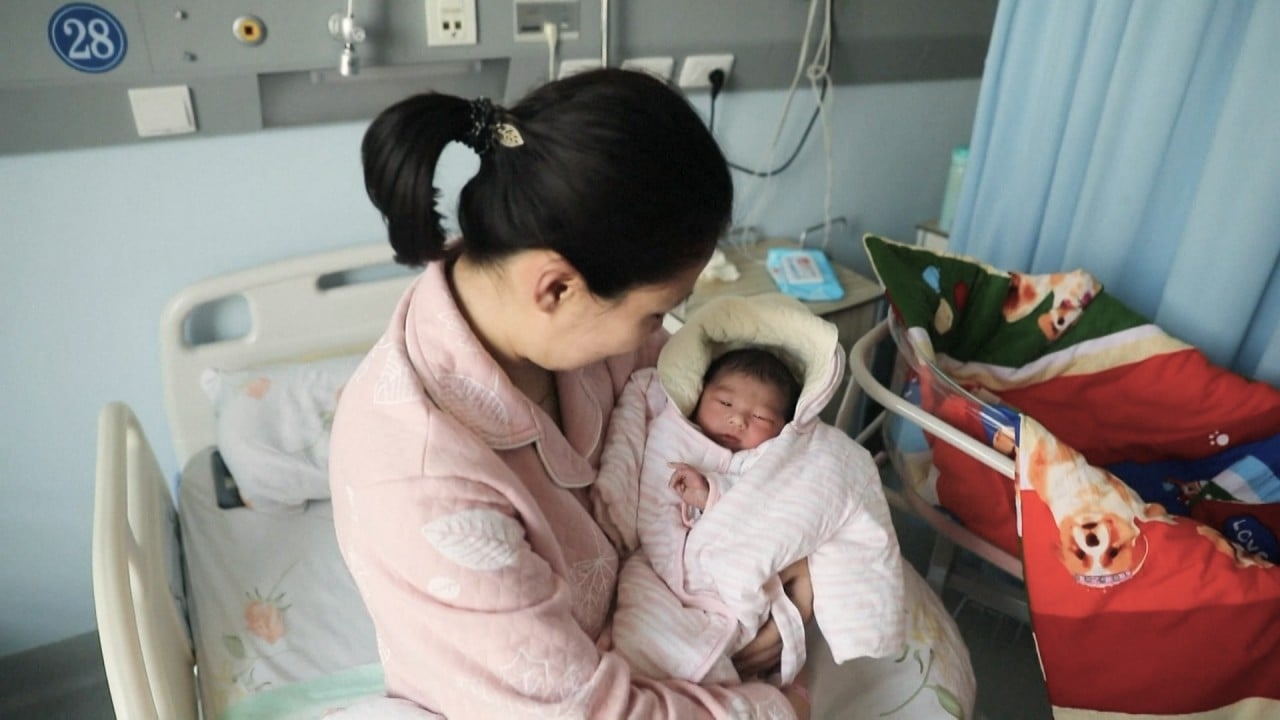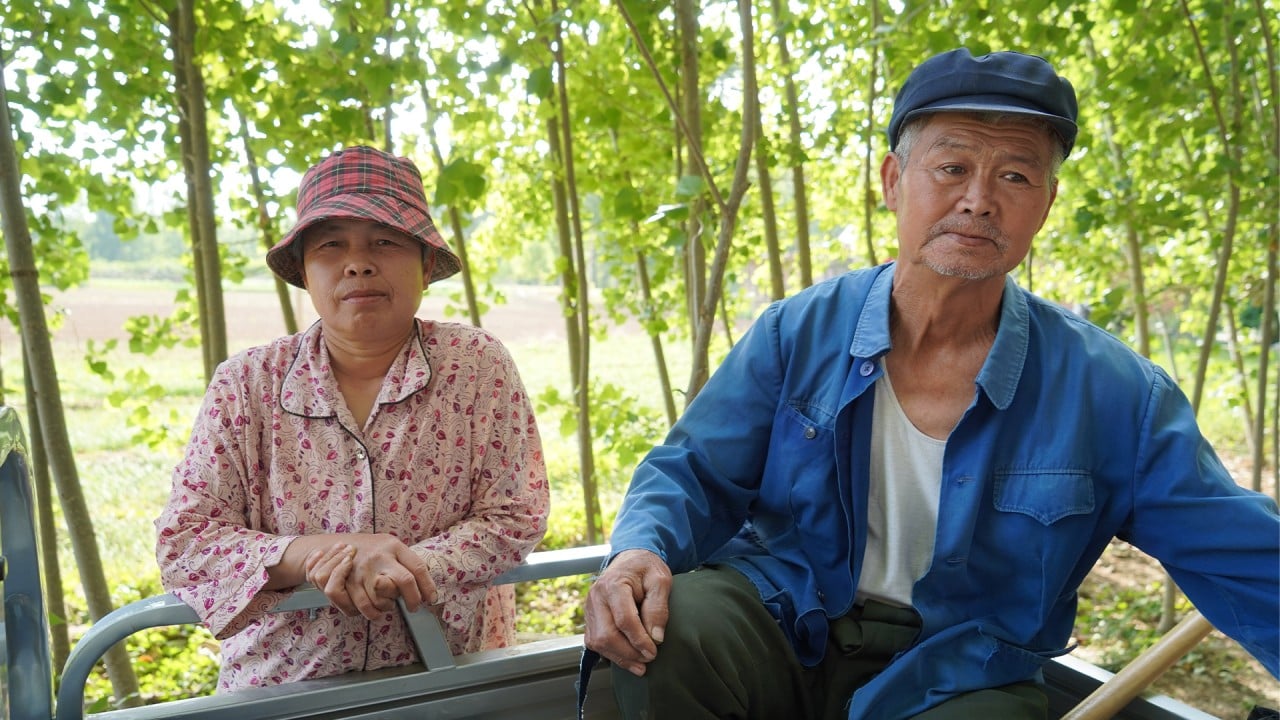
China’s one-child policy casts a long shadow over its economy, society and relations with the world
- More effective than realised, the one-child policy put the brakes on China’s economic growth, created a state pension time bomb, and forced Beijing to export excess capacity, reshaping the global economy
If China’s economy is compared to a plane, the 1979 policy of reform and opening up ignited the fuel – the young workers – that drove the economy to take off and fly at high speeds for four decades.
But the one-child policy cut off this economic fuel, shrinking the prime-aged labour force of 18-59-year-olds from 2012, which in turn slowed gross domestic product growth from 10 per cent in 2011 to 6 per cent in 2019.
In northeastern China – Heilongjiang, Liaoning and Jilin provinces – where the fertility rate has fallen sharply below the national average, the economic engine has stalled. Despite official boasts of 5 per cent annual GDP growth, the fourth national economic census showed that the region’s GDP in 2019 was the same size as in 2012 – meaning zero growth for seven years.

01:31
China faces demographic challenge as birth rate drops despite government efforts
Many Chinese people have been taught, since kindergarten, to have only one child or none at all. The two-child policy was only implemented in 2016 and the number of births was expected to peak in 2018.
Why China’s population numbers are almost certainly wrong
But even according to the overestimated data in the Health Statistics Yearbook, the number of live births in 2018 was only 13.6 million, far less than the official 2014 forecast of 50 million and the 2016 forecast of up to 22 million. China is making more of everything except babies.
In the 1980s, the mainland Chinese population was as vigorous and active as their peers in Taiwan and South Korea. Some Western politicians even harboured illusions about the trajectory of China’s politics. However, to their disappointment, the Chinese mentality has only become more introverted and inactive.
This is not only because the Chinese authorities have tightened censorship, but also because the median age has increased from 25 in 1989 to 42 in 2020. Northeastern China, the most rapidly ageing region in the country, is also the most introverted.

05:41
Why China's elderly farmers can't afford to retire
Due to its ageing population, Britain has been raising the state pension age, from 65 in 2018 to 68 in 2044-2046. In contrast, China’s state pension age has remained unchanged for more than four decades at 60 for men, 50 for women in blue-collar jobs and 55 years for women in white-collar jobs.
Yet, China’s ageing population problem will be more serious than Britain’s, so the Chinese pension age must eventually be raised – and be raised significantly. This may trigger public protests and even lead to social instability.
What if China never exceeds the US as a global power?
China’s one-child policy has also reshaped the world economy. China’s lack of young consumers has led to overcapacity. Parents in China also worry that their only child will be unable to support them later in life, so consume less and save for their retirement.
Baby products, toys, education, housing and the like can all drive a huge industrial chain and boost economic growth. After World War II, the baby boom drove the economic prosperity of the United States and Europe.
With more than 100 million surplus labourers, China has intentionally or unintentionally pursued a trade surplus to digest its excess capacity. Chinese trade surplus is mainly with the US, followed by the European Union. In 2018, China’s GDP per capita was US$9,780, so the US$419 billion surplus with the US provided tens of millions of jobs in China.
If China had never implemented its population control policy, US-China trade would be more balanced and would have provided the US with millions of jobs.
Yi Fuxian is a senior scientist at the University of Wisconsin-Madison and author of Big Country with an Empty Nest

